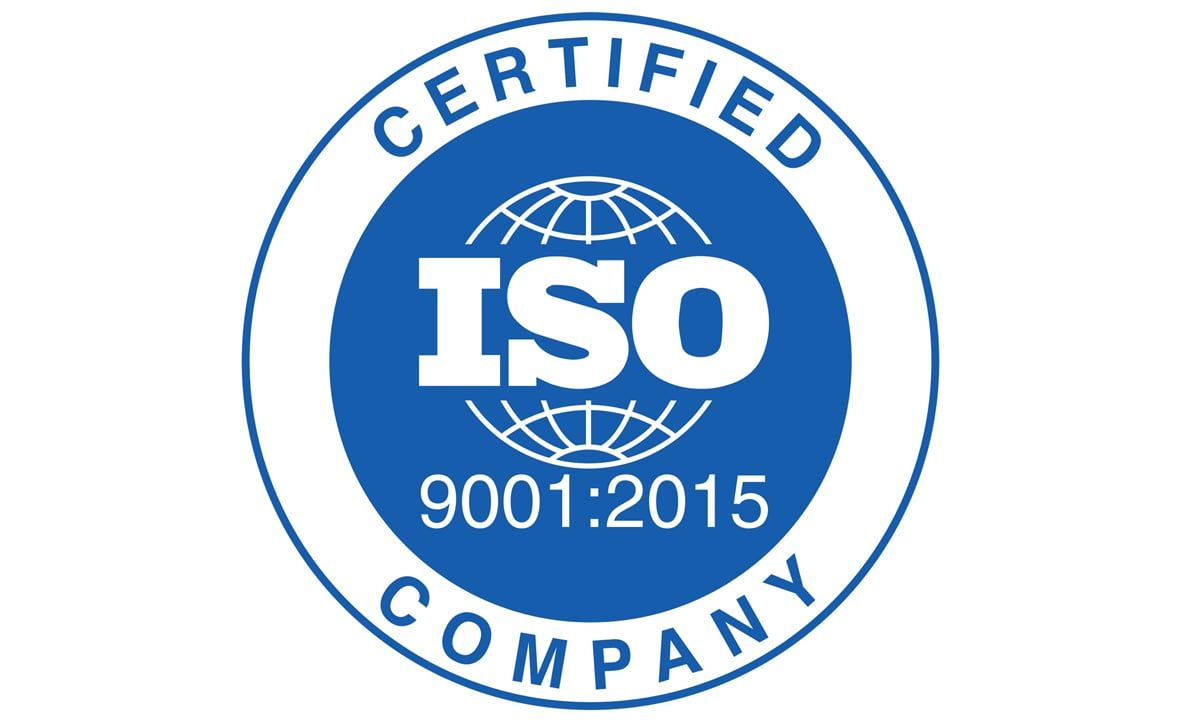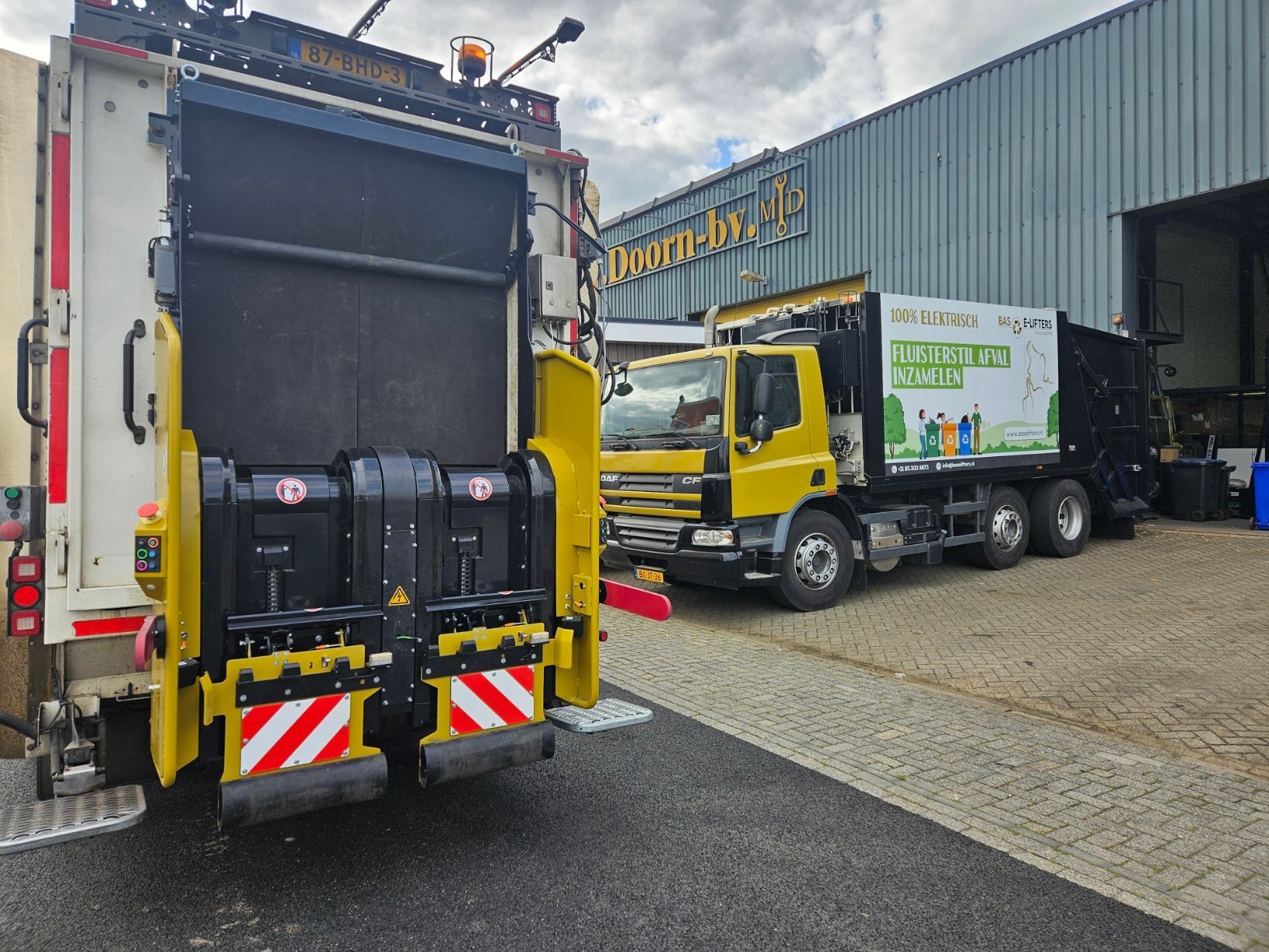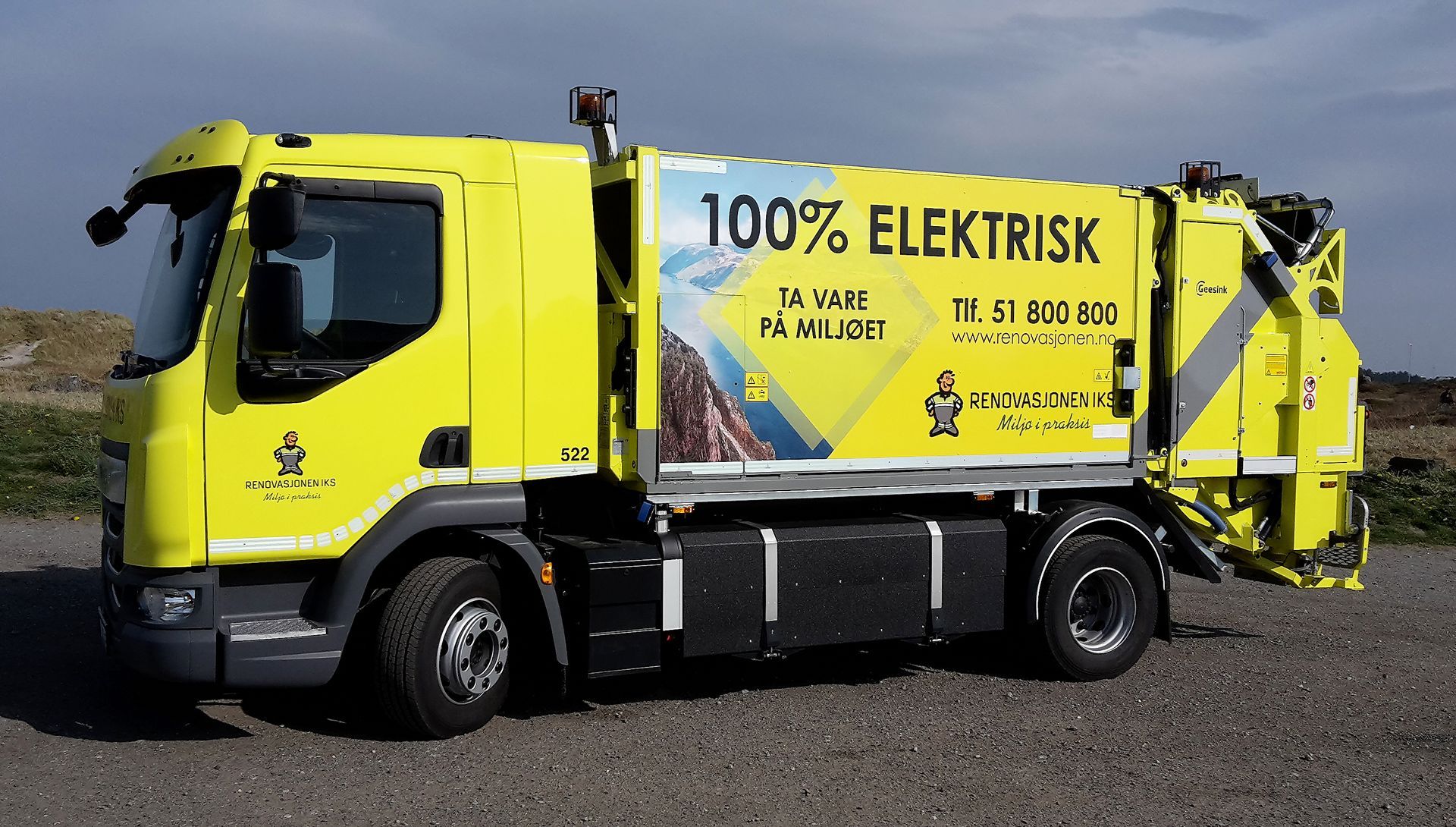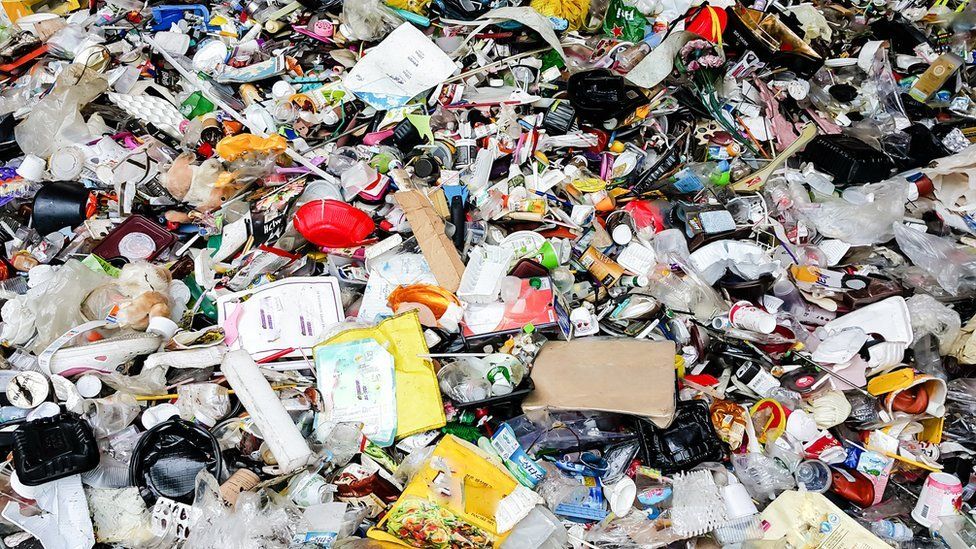The Electrifying Waste Industry
Fall 2020, Linde Consult researched the Waste Management Industry that is now rapidly electrifying their fleet of Refuse Collection Vehicles (RCV's). This article describes the high-over results about TRENDS, CHALLENGES, and FUTURE and is based on desk research and interviews with leaders in the waste management industry on supply side (garbage truck builders) and demand side (municipalities / hiring companies).
Trends
Mega trends currently impacting live on earth are Rise of Technology; Rapid Urbanization; Demographic Change; and Climate Change/Resource Scarcity. These trends not only influence the way we live, but they aslo drive electrification of the waste industry. How so? Let's take a look:
- Technology. The technology to switch from fossile fuels to electricity as a power source for vehicles is now available against acceptable costs, and municipalities and hiring companies alike demand options to replace their fuel driven RCV's with Electric Trucks whenever possible, and the Hydraulic Bin Lifters with Electric ones.
- Urbanization & Demographic Change. Municipalities around the world experience growing urbanization. With it comes more waste that needs to be collected in narrow city streets, recycled, and transformed into new raw materials. This can be achieved with whisper quiet electric vehicles and electric bin lifts.
- Climate. Carbon emissions are still trending upward while voters protest and demand the Paris Climate Goals to be met. Electric vehicles operate with zero emissions so it's only natural that the demand side increasingly requires electric vehicles and equipment.
Challenges
The main challenge is to smoothly transition from fuel-powered RCV's with hydraulic bin lifters into a world-wide fleet of battery-powered refuse collection vehicles. We think the electrification process will run until the year 2030 and beyond, despite the strong lobby by governments (and voters). Why not quicker? A few good arguments were mentioned:
- The worldwide fleet of of petrol fueled RCV's counts approximately 1.5 million garbage trucks. It will take years for them to be written off completely. They may be fit with an e-lifter to replace the hydraulic one though.
- Part of the existing fleet will first switch to other fuels such as methane (CNG) because that adjustment is still much cheaper than buying a new electric vehicle, while also a step in the right environmentally friendly direction.
- RCV Truck builders have invested heavily into production lines to produce diesel-powered trucks and hydraulic bin lifters. The transition to new production methods & supply chains takes time.
- The initial purchasing price of an E-vehicle is still much higher than a vehicle with a combustion motor, although the difference during a 7 year life span diminishes.
Future
The ever growing demand for clean and environmentally friendly equipment drives the growth of new electric options. Our reseach also found that the Covid-19 pandemic accellerates the development of new E-solutions for the Waste Industry. We see new innovative companies entering the competitive landscape while established suppliers also develop new solutions. Some examples from the industry:
- Geesing-Norba in cooperation with Bluekens Trucks have developed a fully electric RCV. It is too pricey right now but it will become more competitive in a few years, especially when taxation and penalties on carbon emissions increase.
- Terberg-Rosroca developed the E-collect vehicle which is a fully electric RCV and can do an excellent job on many waste collection routes.
- BAS E-LIFTERS offers a new state-of-the-art 100% electric bin lifter, while Faun-Zöller offers a hybrid lifter (hydraulic lifter powered by truck battery).
- ZF Aftermarket, Horiba, and others offer smart retro-fits to replace fuel powered drive trains with electric ones.
One thing is certain: The Waste Collection Industry is electrifying! This is a good thing, as it contributes to a more sustainable and emission-free world.











